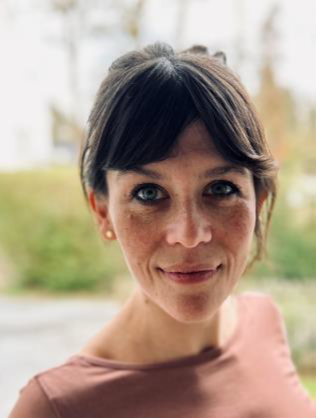Version française Recherche Recherche UFR
Contact :
Morgan Beaurenaut : morgan.beaurenaut@parisnanterre.fr
Aller au contenu | Navigation | Connexion ksup
Version française / Recherche / Recherche UFR

The dynamics of brain-behaviour processes related to memory in paediatrics
le 10 avril 2025
Bâtiment Alice Milliat (S)
Mis à jour le 19 décembre 2024





